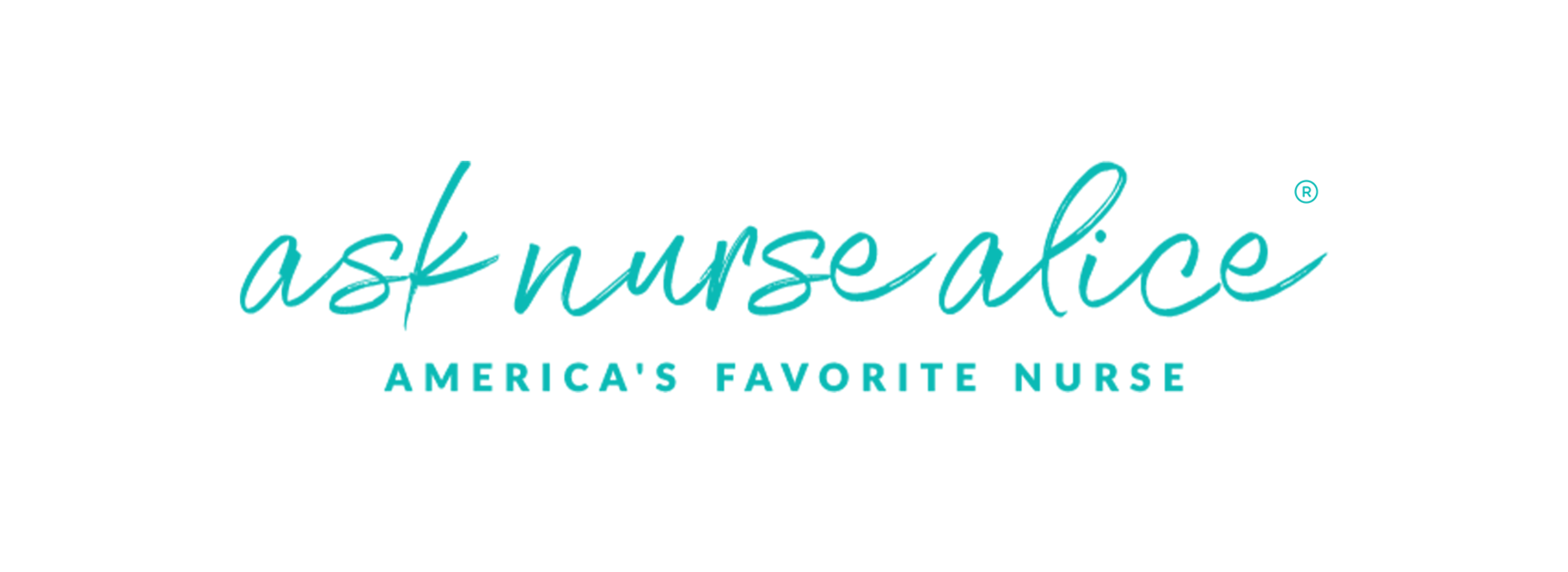
What should scare you most about hysterectomy?
1. Losing your uterus
2. Going into menopause
3. Serious complications during surgery
4. Long recovery time after surgery
5. Sexual side effects after surgery
6. Urinary leaking after surgery
Answer: ALL OF THE ABOVE!
Hysterectomy is the 2nd most common surgery that is performed in the United States.
This is rather surprising as 50% of the population does not have a uterus. The most common reason why hysterectomy is performed is uterine fibroids. While it is understandable that women with uterine cancer will need hysterectomy, uterine fibroids are benign tumors. The average age for women undergoing hysterectomy is <40 years. While fibroids are very common, they are particularly common in women of color. It is estimated that 80% of African-American women have fibroids. They tend to get fibroids earlier in life, have more numerous and larger fibroids, and are much more likely to end up with hysterectomy than any other racial group (ex. three times more likely than Caucasian women of the same age).
No matter what your age and no matter what your desire for future fertility is, your uterus is not disposable. All too often, women with symptomatic fibroids are told by their gynecologist that their uterus is worthless after they have completed childbearing. Undergoing hysterectomy has consequences for women beyond the obvious surgical risks of performing a hysterectomy (ex. intraoperative bleeding requiring transfusion, injuring adjacent organs [bladder, ureter, bowel], infection, wound issues, blood clots). The uterus is the epicenter of what makes you a woman. Women who undergo hysterectomy often struggle psychologically like a man being castrated. There is no way to predict who will suffer like this prior to the surgery.
Hysterectomy can cause profound changes in sexual function. A sex organ cannot be removed without altering sexual function and femininity. There are many women that experience sexual dysfunction post-hysterectomy, and this includes loss of libido and loss of ability to orgasm. When the uterus is surgically removed, uterine orgasm can no longer occur.
The vagina is shortened and sutured closed at the top. This shortening and loss of elasticity of the vagina (in addition post-operative adhesions) can cause a lot of pain during intercourse. Also, the nerves that attach to the uterus and branch out to the vagina and genitalia are also cut during hysterectomy. This too can cause decreased sexual sensation and pain. As mentioned previously, the average age of women who undergo hysterectomy for uterine fibroids is 39 years. These are young women who likely were never told of the risks to their sexual health now find themselves in this irreversible and completely unnecessary situation.
A lot of women that undergo hysterectomy leak urine. Don’t believe me? Next time you visit your local pharmacy or large grocery store, go to where they sell adult diapers. Take a look at whose picture is on the package. The person featured on the diaper packaging is who the product is meant to attract or represent. So who will you see on the package? A pleasant-looking elderly man or woman? Nope. Likely what you will see is a young, attractive African-American woman. Why? Because this is diaper manufacturer’s target audience: young, African-American women who have undergone hysterectomy for fibroids.
Women who undergo hysterectomy can go into immediate menopause even if the surgeon leaves the ovaries behind. Remember, these are young women who are now menopausal. These women experience symptoms that include hot flashes, night sweats, dry skin, hair loss, irritability and depression, vaginal dryness, and weight gain. In addition, with hysterectomy, there is significant bone loss which can cause osteoporosis and even bone fractures.
Finally, there is evidence that hysterectomy also increases a woman’s risk for heart attack and stroke; particularly in women who undergo hysterectomy before age 50. Hysterectomized women have a three times greater risk for heart disease and if the ovaries are also removed, there is a seven times greater risk for heart attack. Fibroids are benign tumors and hysterectomy is the most extreme treatment option.
Given the significant consequences that women can face with this invasive surgery, it should be the option of last resort. Sadly, this is often the first and only option given to women. Uterine Fibroid Embolization (UFE) is an outstanding, nonsurgical, outpatient procedure with a 90% success rate at treating women with symptomatic fibroids. It has a 25 year track record of safety and efficacy and has been endorsed by the American College of Obstetricians & Gynecologists for women suffering with symptomatic fibroids that want to keep their uterus (and why wouldn’t you?).
John Lipman, MD, FSIR
Founder & Medical Director
Atlanta Fibroid Center




